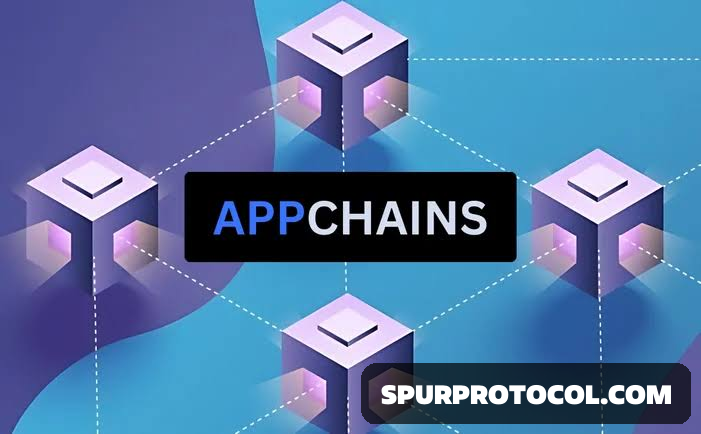What Are Appchains(Application-Specific Blockchain)?
Appchains are specialized blockchains designed to serve the need of individual applications
Go Back

🕒 7:09 PM
📅 Mar 28, 2025
✍️ By Ecojames
What Are Appchains?
Appchains are specialized blockchains designed for a specific function. Unlike general-purpose blockchains that offer a variety of applications, appchains are focused on individual applications. This approach allows for transaction processing, fees, smart contract functionalities, and many other factors tailored to the needs of particular applications.
How Do Appchains Work?
Appchains operate based on the main principles of blockchain technology, but with changes that make them tailored to the needs of individual applications. Each appchain dedicates its resources to a specific task, ensuring that they are not spent on unrelated applications.
Appchains can implement various consensus mechanisms, such as Proof of Work (PoW) or Proof of Stake (PoS), that are most suitable for individual applications. For instance, an appchain for a financial application might choose to use a different consensus mechanism than one designed for supply chain management.
In addition, smart contracts on appchains can be specifically designed to meet the demands of individual applications. This allows for more complex contract logic that can enhance the functionality and efficiency of individual applications.
Typically, the architecture of full-fledged appchains is composed of five layers:
1. Network layer. This layer manages the peer-to-peer network functionalities. It enables nodes within the blockchain to communicate, exchange data, and participate in transaction validation processes.
2. Application layer. This layer hosts applications that run on the blockchain. It offers interfaces that developers can utilize to build, deploy, and oversee the operations of decentralized applications (DApps).
3. Data layer. The data layer is responsible for organizing and storing blockchain information. This includes maintaining the blockchain's state, recording transaction details, and handling smart contract data.
4. Consensus layer. This layer implements the consensus algorithm of the appchain. It can incorporate various consensus algorithms, such as Proof of Work (PoW) or Proof of Stake (PoS).
5. Smart contract layer. This layer facilitates the automation, verification, and enforcement of smart contracts.

